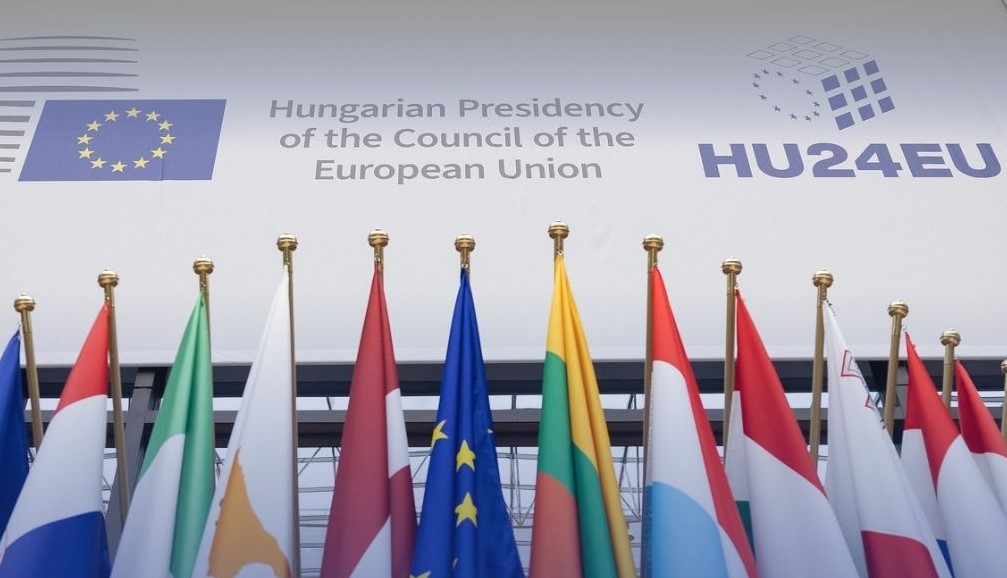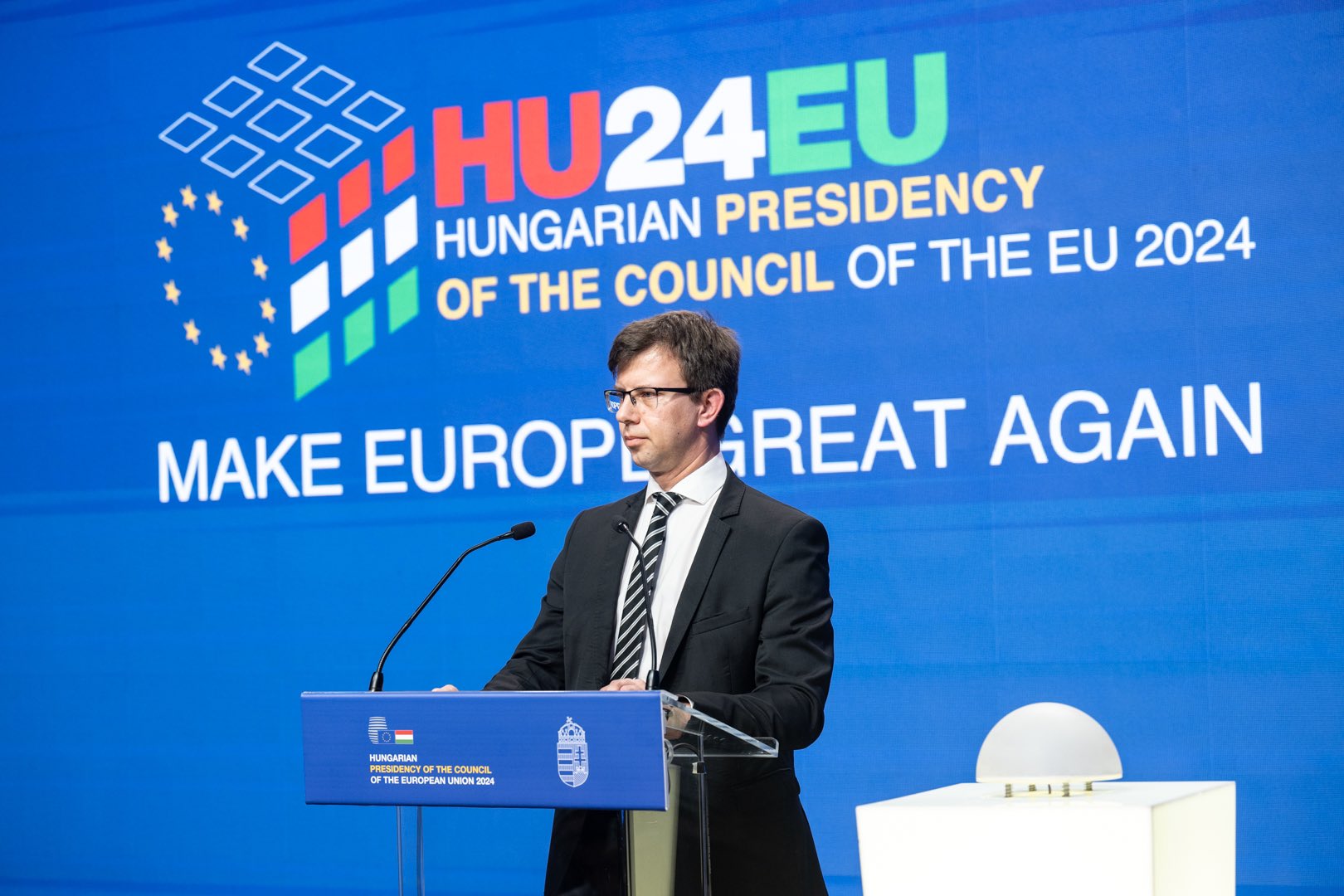During Hungary’s EU Presidency, substantial progress was made in key areas, according to Minister of European Union Affairs János Bóka.
In an interview on Kossuth Radio’s Sunday program, the politician credited the cooperation with previous presidencies and new contacts with the Polish-Danish-Cypriot trio as factors contributing to the success. He highlighted the Budapest Declaration, outlining specific tasks for EU institutions, such as reducing over-regulation by 25% and addressing high energy prices, as a significant political achievement.
János Bóka also pointed out the ongoing competitiveness crisis in the EU, citing a loss of international markets and the EU’s diminished share of global income.
The EU is engaged in trade wars and pursuing a European green policy without an industrial counterpart,” Minister Bóka said, emphasizing that these policies could result in stagnating jobs and uncompetitive wages.
He further criticized EU political decisions that undermined its economic potential, particularly its trade and customs policies, focusing on separation and isolation rather than collaboration.
The minister also briefly addressed the Erasmus affair, calling it a “sad and worrying” example of EU dysfunction. The “rule of law” process, he argued, has been used to restrict Hungary’s access to EU funds and programs for political purposes, with Hungarian students and researchers caught in the middle of this dispute.
János Bóka condemned the EU’s actions as “manifestly illegal and discriminatory.”
The EU Affairs Minister stressed the need for the EU to return to the principles of its founding treaties and focus on collaboration with member states. “For the EU to function effectively, it must return to the letter and spirit of the founding treaties,” he said, underscoring the importance of respecting member states’ sovereignty in decision-making.

